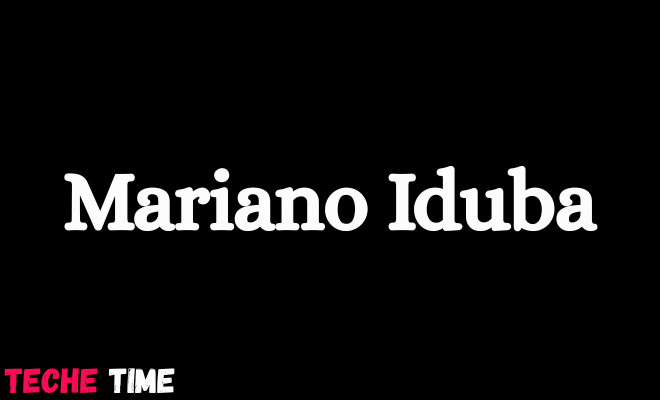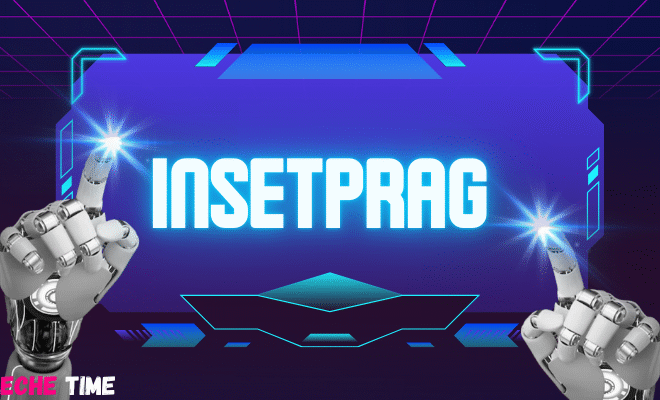
Ruby on Rails vs Other Web Frameworks: A Comparison
Selecting the ideal foundation for your web application is the crucial initial step in its development journey. Web frameworks serve as the backbone, streamlining the connections between web servers, databases, and browsers, expediting the development process. Among the highly coveted web frameworks, Ruby on Rails stands out. However, it’s imperative to engage in thorough comparative analysis when pitting Rails against other popular choices such as Django, Laravel, and ASP.NET Core. This comprehensive blog post aims to provide in-depth comparisons between Ruby on Rails and various sought-after web frameworks, catering to the internet-savvy audience.
Overview of Ruby on Rails
Ruby on Rails, an open-source web framework coded in Ruby, has soared in popularity since its inception in 2004. Today, it reigns as one of the top choices for crafting web applications supported by databases in the digital realm. Some key advantages:
-
- Rapid Development – Rails utilizes the convention over configuration paradigm allowing developers to build apps very quickly. The coherent structure and singular ways of doing things in Rails speeds up development.
- Mature Ecosystem – As one of the oldest frameworks, Rails benefits from strong community support, abundant libraries, 3rd party integrations. And above it is relatively easy to hire Ruby on rails developers
- Startup Friendly – A vast number of startups have been built with Ruby on Rails including Basecamp, Shopify, Airbnb, GitHub, etc. due to fast prototyping. This popularity is mostly because of its ability to provide mockups
- Strong Security – Rails provides built-in protection against common web app vulnerabilities like SQL injection, cross-site scripting (XSS), and cross-site request forgery (CSRF).
- Scalability – Rails apps can scale from prototype to enterprise solution handling large traffic volumes. Performance can be improved by caching, background workers, and code optimizations.
Django – A Leading Python Framework
Just like Rails, Django is based on the model-view-controller (MVC) architectural paradigm and emphasizes clean code, pragmatic programming, and quick development. Here are a few of its noteworthy qualities:
- Batteries Included – Django comes with a full-featured admin interface, user authentication, site maps, RSS feeds, etc. right out of the box.
- Object Relational Mapping (ORM) – Django’s ORM provides a powerful abstraction for interfacing with databases enabling clean database access and management. To have seamless database access hire Django developers who are proficient in ORM
- Template Engine – The Django template language allows separating app logic from presentation for simplified front-end coding.
- Cache Framework – Django has a robust cache system to speed up dynamic sites by caching relevant portions of pages.
- Django Rest Framework – For building REST APIs, Django Rest Framework offers powerful tools to quickly scaffold API endpoints.
Laravel – A PHP Powerhouse
Laravel is a modern, modular framework rapidly gaining popularity in the PHP ecosystem. Here are some notable capabilities:
- Expressive – Laravel utilizes an expressive syntax with chains of helper methods for cleaner code compared to bare PHP.
- Advanced Routing – Powerful routing engine enables defining various route types like RESTful, grouping routes by attributes, rate limiting etc.
- Blade Templating – The fast Blade template engine comes baked in for cleanly embedding PHP code into HTML.
- Database Migrations – Database structure can be incrementally modified over time via database migrations for version control.
- Modular Packages – Laravel has a dedicated directory structure and manager for installing and managing community packages.
Top sites using Laravel include Etsy, Yahoo Weather, Soundcloud, and Mailchimp. PHP developers love Laravel for modernizing PHP web apps.
ASP.NET Core – Microsoft’s Open-Source Framework
ASP.NET Core is Microsoft’s cross-platform, open-source framework for building modern cloud-enabled web apps on Windows, Linux, and Mac. Key highlights:
- Razor Pages – Achieve full stack coding using just C# and HTML with Razor pages that avoid separate controllers and views.
- Blazor – Build interactive web UIs using C# and HTML with Blazor components instead of JavaScript.
- Identity Framework – ASP.NET Core provides a full identity and membership system for implementing user logins, profiles, roles etc.
- Powerful Ecosystem – Deep integration with Visual Studio, C#, and .NET libraries provides access to a vast Microsoft ecosystem.
- Performance – ASP.NET Core offers exceptional performance via precompiled binaries, caching, built-in compression, static files serving, and more.
Stack Overflow, Microsoft Docs, and Live are among popular .NET Core sites. Microsoft shops heavily favor ASP.NET Core for new web projects.
Side-by-Side Comparison
Here is a side-by-side comparison of the technical capabilities across the frameworks:
| Category | Ruby on Rails | Django | Laravel | ASP.NET Core |
| Language | Ruby | Python | PHP | C#, HTML |
| Architectural Style | MVC | MVC | MVC | MVC |
| Built-In Templating | ERb | Django Templates | Blade | Razor |
| ORM Mapping | Active Record | Django ORM | Eloquent ORM | Entity Framework Core |
| Routing | Rails Routing | Django URLs | Laravel Routing | ASP.NET Routing |
| Forms | Simple Form | Django Forms | Laravel Collective | Razor Forms |
| Database Migrations | Active Record Migrations | Migrations Framework | Database Migrations | Entity Framework Migrations |
| Admin Interface | Active Admin | Django Admin | Voyager | ASP.NET Core Identity |
| Object Relational Mapping | Active Record | Django ORM | Eloquent ORM | Entity Framework Core |
| Caching | Rails Cache Store | Django Cache Framework | Laravel Cache | ASP.NET Core Caching |
Which Framework is Best For You?
So which framework should you choose for your next web project? Here are some guidelines:
- Stick to what you know – If your team has extensive Ruby expertise, Rails is a great choice to deliver applications quickly. Go with Django for Python chops.
- Consider language versatility – Ruby is quite niche while Python and C# are more general purpose languages with wider application.
- Evaluate ecosystem – Rails and Django have a richer ecosystem of 3rd party libraries and integrations vs Laravel and ASP.NET Core.
- Prioritize performance – For highest performance at scale, ASP.NET Core is the leader of the pack.
- Analyze maturity – Rails and Django are more battle-tested over many years versus Laravel and ASP.NET Core.
- Assess hiring – Availability of skilled developers should be factored in. Rails, Django and ASP.NET Core developers are easier to hire.
- Performance Priority: It performs best in high-traffic environments, which makes it perfect for mission-critical applications. But strike a balance with ease of development.
- Examining Maturity: With long histories and established procedures, Django and Ruby on Rails are mature. While still promising, Laravel and ASP.NET Core might not provide the same degree of maturity.
The best approach is to build a simple prototype with 2-3 of your top choices to better understand fit. When making the final decision, consider team skills, language preferences, use cases and performance requirements. While Rails, Django, Laravel and ASP.NET Core have similarities, their differences matter for your app and organization. Evaluate thoroughly and choose wisely!
Conclusion
Ruby on Rails pioneered many concepts we take for granted in modern web frameworks – convention over configuration, integrated MVC, and DRY principles among them. While Rails remains a top choice for many, Django, Laravel and ASP.NET Core have emerged as compelling alternatives with strong capabilities. Carefully assess your technical stack, team skills, and application goals when choosing a framework. When it comes to vital web applications, it’s wise to enlist the expertise of developers well-versed in your chosen framework, be it Ruby on Rails, Django, Laravel, or ASP.NET Core.
Your company’s tech stack, your team’s skill set, and your application’s unique objectives should all factor into your framework choice. Whether you opt for ASP.NET Core, Django, Laravel, or Ruby on Rails, ponder the advantages of harnessing the skills of seasoned engineers intimately acquainted with your selected framework for pivotal internet-based applications. Remember, framework selection profoundly impacts the efficiency, scalability, and triumph of your web endeavor. This is not only a technical decision. Developing websites that are extraordinary and meeting your development goals require you to make well-informed decisions.








